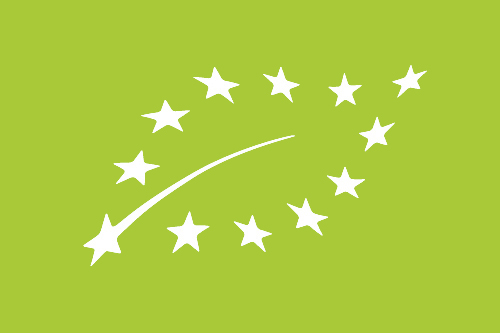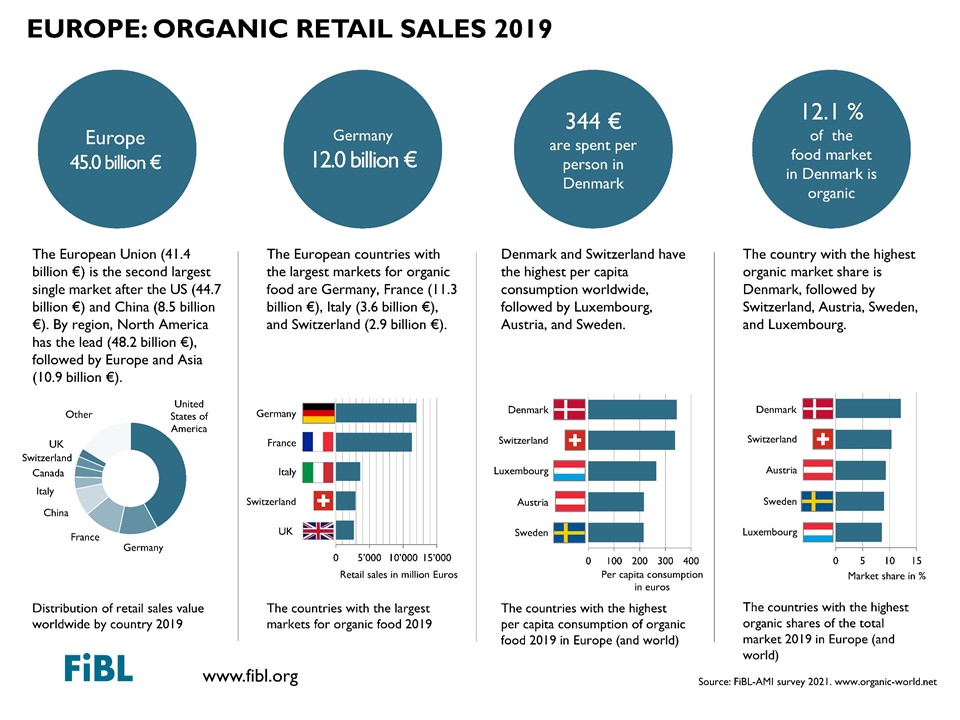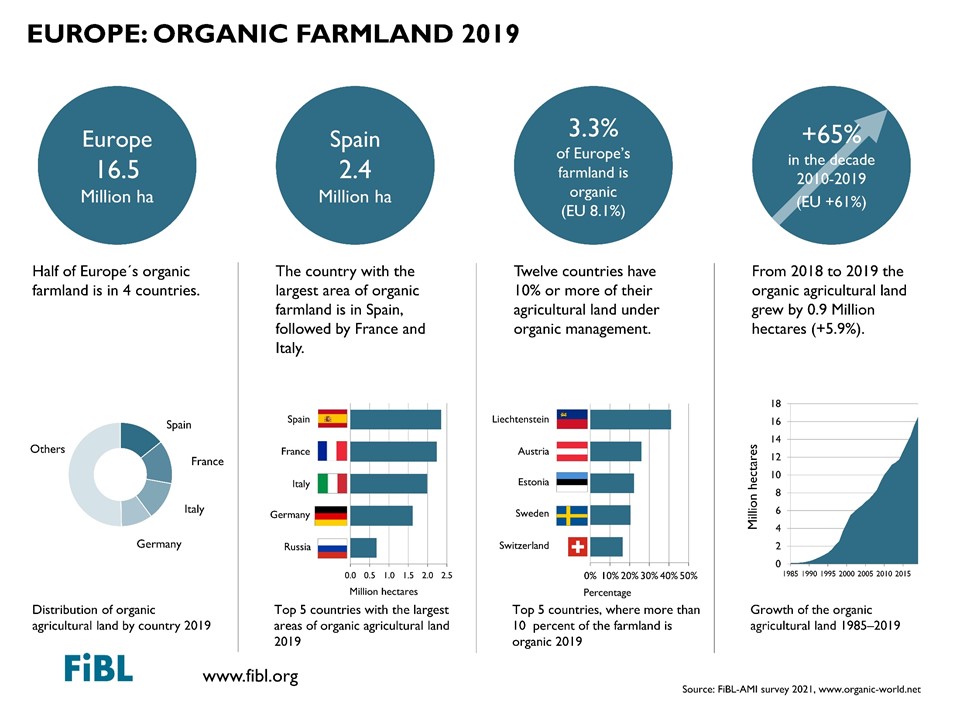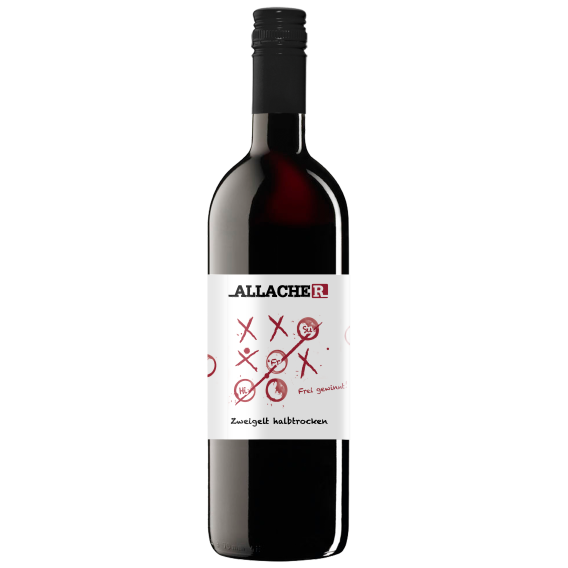All about organic wine!
Definition of organic wine
To call wine organic, certain guidelines must be met. For the production of organic wine we basically have two laws: on the one hand, the wine law – valid in the respective country of production – and on the other hand, the EU rules for organic wine production. These two laws form the basis for the production of organic wine.
What are the most important requirements for the designation organic wine?
- 3 years to change from conventional to organic wine growing
- Annual control of the vineyards
- Grapes must be processed to wine according to the EU rules for organic wine production
- Annual control of the wine cellar and the records
What must be written on the label:
For fully recognized organic wine the label must contain the designation “organic wine” as well as the EU organic logo with the number from the inspection body.
Most wineries are also members of organic associations, but this is not mandatory. The advantages of these associations are joint appearances and the exchange of experiences. However, it should be noted that through such membership you have much stricter guidelines as if you produce only according to EU rules for organic wine production.
History and development of organic wine
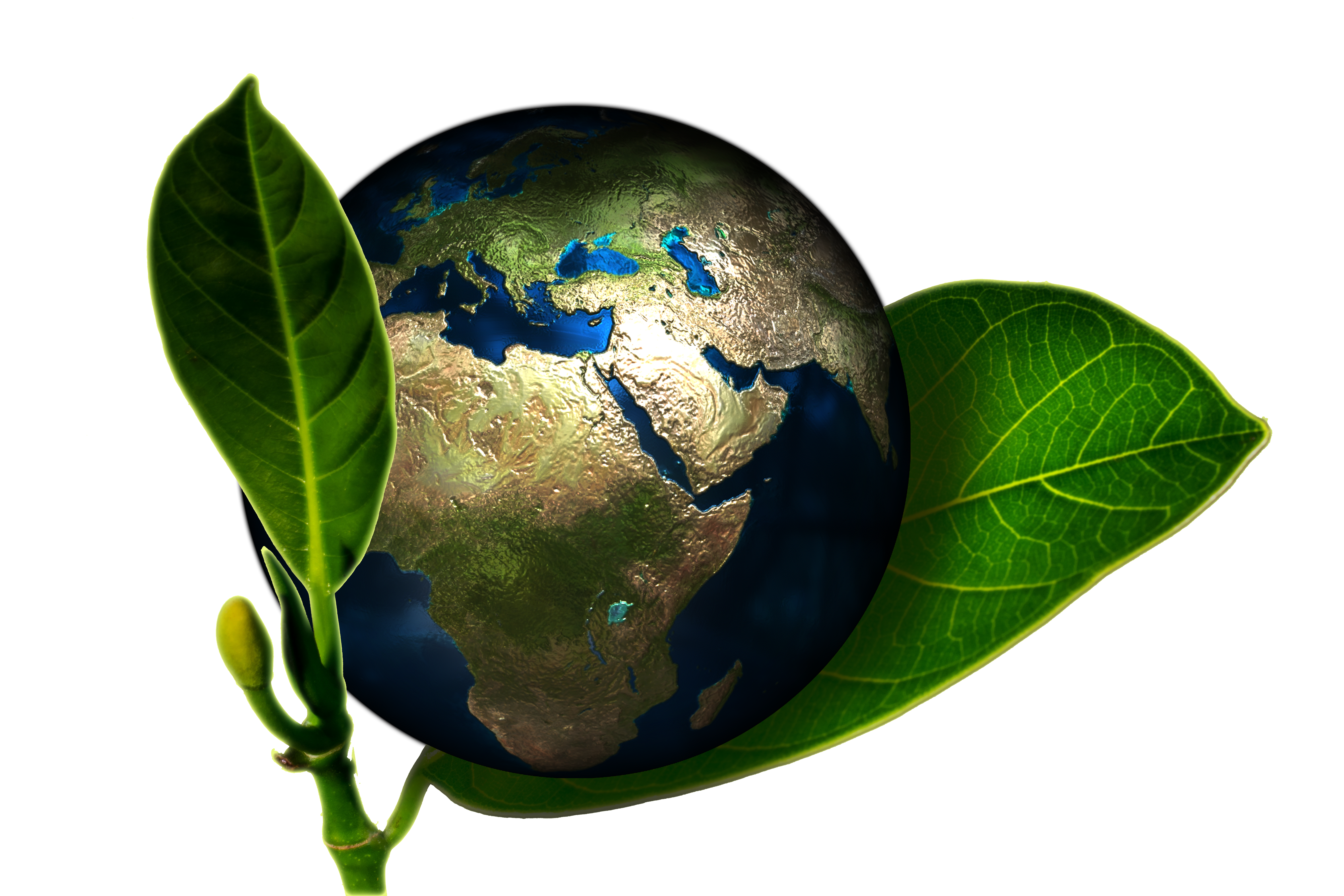
The first steps in organic viticulture are difficult to date back. At the beginning of the 20th century the first winemakers and scholars became increasingly involved in organic viticulture. One of the most important pioneers in this field was Dr. Rudolf Steiner (1861-1925) who is considered the founder of biodynamic agriculture.
In the 60s to 80s most organic associations were founded and the first guidelines were adopted. The development of organic agriculture was almost exclusively driven in Europe. Due to the dry climate, the development started in 1950 in the Mediterranean wine-growing areas in Europe and spread from there. Fungal diseases are not so problematic in warmer regions and are easier to control.
Since 1991 there is an EU regulation for organic wine which, among other things, regulates the use of organic pesticides and fertilizers and defines the controls.
The difference in production between organic wine and conventional viticulture
In the vineyard
Organic
- Greening of the vineyards with nitrogen collectors
- Mechanical weed control
- Pheromone traps for animal pests
- Fungal diseases – allowed only with sulfur and copper
- Botrytis treatment (fungus) not possible – selection during harvest
Conventional
- Commercial fertilizer
- Herbicide
- Insecticide
- Fungicide
- Fungicide
Wineyard
Organic
Wineyard
conventional
In the cellar
Organic
- Sulfite maximum 2/3 from conventional wine
- Improvement is restricted – depending on the organic association
- Fining agents are restricted or not permitted – depending on the organic association
- Clarifiers are restricted or not permitted – depending on the organic association
- Stabilizing agents are restricted or not permitted – depending on the organic association
- Additives are restricted or not permitted – depending on the organic association
Conventional
- 150 – 370 mg/l
- max. 2 % alcohol
- According to the wine law or EU
- According to the wine law or EU
- According to the wine law or EU
- According to the wine law or EU
Wine cellar
Organic
Wine cellar
conventional
What are the organic associations?
Enclosed you will find the largest organic associations in Germany, Austria and Switzerland:
Quality development of organic wine
While the first organic wines were still found in the lower range in terms of quality, the quality has improved a lot in the last two decades. Today, organic wines are in no way inferior to conventional wines. By the increase of the areas for organic wine production this young industry also got more attention. Meanwhile, there are even competitions only for organic wine and some of the world’s best wineries produce organic wine.
Who buys organic wine and why?

We recommend high quality organic wines from Wineyard Allacher in Austria!
Reasons for buying organic wine
Source: Smart Wines-D; Multiple answers possible
| Less chemistry | 50 % |
| Organic farming | 40 % |
| Natural products | 40 % |
| Sustainability | 35 % |
| Better taste | 30 % |
| Less sulfur | 14 % |
| Digestibility | 13 % |
What is important to the buyer of organic wine?
- Information about wine and winemaker
- Origin of the wine
- Processes of the production
- Like to be well advised
When, how and why?
- More than half of the consumers of organic wine buy in organic supermarkets and these are therefore the most popular shopping facilities for organic wine.
- The typical wine buyer in organic supermarkets is rather less a wine connoisseur but “biologically motivated”.
- Organic wine consumers often buy wine as a present.
- By now, almost half of the consumers buy organic wine because of the taste.
- Organic wine is more often bought by women.
- If customers are satisfied with “their” organic wine, they are very active in recommending it to others.
